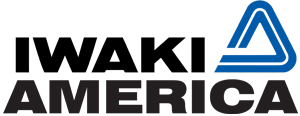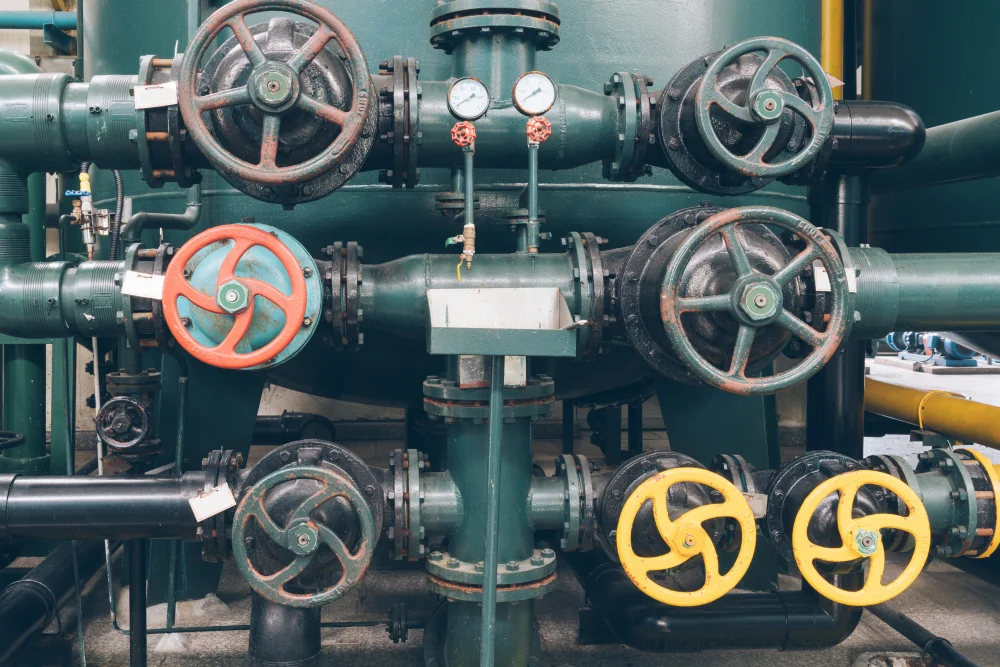Positive displacement pumps are a type of pump that operate by trapping a fixed volume of fluid and then displacing or pushing it through the pump’s discharge. Unlike centrifugal pumps that rely on the principle of kinetic energy, positive displacement pumps use mechanical action to transfer fluids. They are known for their ability to provide consistent flow rates regardless of system pressure or viscosity changes.
Pumps are indispensable in the chemical industry due to their ability to handle diverse chemicals and ensure safe and efficient processes. They enable precise dosing and formulation, facilitating accurate product development. Pumps maintain continuous flow, transferring fluids between different stages and controlling pressure. Their resistance to corrosive and viscous substances allows for the handling of challenging chemicals. Pumps enhance safety by minimizing the risk of leaks and spills, protecting workers and the environment. They also contribute to energy efficiency, optimizing power consumption.
Types of Pumps Commonly Used in the Chemical Industry
Diaphragm Pumps: Diaphragm pumps use a flexible diaphragm that reciprocates to create a pumping action. They are suitable for handling corrosive and abrasive fluids and are commonly used in chemical transfer and wastewater treatment applications.
Centrifugal Pumps: Centrifugal pumps use centrifugal force to transfer fluids. They are known for their high flow rates and are widely used in chemical processing, water treatment and cooling systems.
Air-Operated Double Diaphragm (AODD) Pumps: AODD pumps use compressed air to move fluids through reciprocating diaphragms. They are suitable for handling corrosive and abrasive fluids and are commonly used in chemical transfer and dewatering applications.
Magnetic Drive Pumps: Magnetic drive pumps use a magnetic coupling to transfer fluids, eliminating the need for a mechanical seal. They provide leak-free operation & are ideal for handling hazardous or toxic chemicals.
Chemicals Handled by Positive Displacement Pump
These pumps are versatile and capable of handling a wide range of chemicals. Some of the common types of chemicals handled by positive displacement pumps include:
Acids: Such as sulphuric acid, hydrochloric acid, nitric acid and phosphoric acid.
Alkalis: Including sodium hydroxide (caustic soda) and potassium hydroxide.
Solvents: Like ethanol, methanol, acetone and toluene.
Petrochemicals: Including gasoline, diesel, crude oil and lubricating oils.
Polymers: Such as polyethylene, polypropylene and PVC.
Water Treatment Chemicals: Such as coagulants, flocculants, disinfectants and pH adjusters.
Agricultural Chemicals: Including fertilizers, pesticides, herbicides and insecticides.
It’s important to note that the suitability of a positive displacement pump for handling specific chemicals may depend on factors such as pump material compatibility, chemical properties and application requirements. Proper selection and configuration of the pump is essential to ensure safe and efficient handling of these chemicals.
Key Considerations for Selecting Right Pumps in Chemical Industry
When selecting positive displacement pumps for the chemical industry, there are several important factors to consider:
Fluid Characteristics and Compatibility: Assess the chemical properties such as viscosity, corrosiveness and abrasiveness to ensure the pump materials are compatible and can handle the specific fluid without degradation or contamination.
Required Flow Rate and Pressure: Determine the desired flow rate and pressure needed for the application to ensure the pump can deliver the required performance and meet the production demands.
Operating Conditions and Environment: Consider the operating temperature, pressure variations, presence of hazardous or explosive materials and any other environmental factors that may impact the pump’s performance and durability.
Maintenance and Lifecycle Costs: Evaluate the maintenance requirements and associated costs, including spare parts, repairs and routine servicing. Also, consider the expected lifespan of the pump to assess its long-term cost-effectiveness.
Regulatory Compliance and Certifications: Ensure the pump meets industry standards and regulatory requirements to ensure safe operation, environmental compliance and compatibility with specific industry guidelines or certifications.
Future Trends and Innovations
Future Trends include advancements in pump materials and coatings, integration of smart technologies for monitoring and control, energy-efficient designs and sustainability initiatives. These innovations aim to enhance pump durability, enable real-time monitoring and predictive maintenance, improve energy efficiency, and reduce environmental impact. Additionally, the integration with automation and control systems and the focus on safety features and regulatory compliance further contribute to improved performance and operational efficiency in chemical applications.
Positive displacement pumps play a crucial role in the chemical industry, providing reliable and efficient fluid handling solutions. Their ability to handle a wide range of chemicals, including corrosive and viscous fluids, makes them essential for various applications in the industry. Looking ahead, the future of positive displacement pumps in the chemical industry is promising, with ongoing advancements in technology. Iwaki America’s pumps can enhance productivity, reduce downtime and improve overall operational efficiency in the chemical industry. With a commitment to quality and customer satisfaction, Iwaki America is a trusted partner for chemical industry professionals, providing them with the reliable pump solutions they need to meet their demanding applications.


Videos